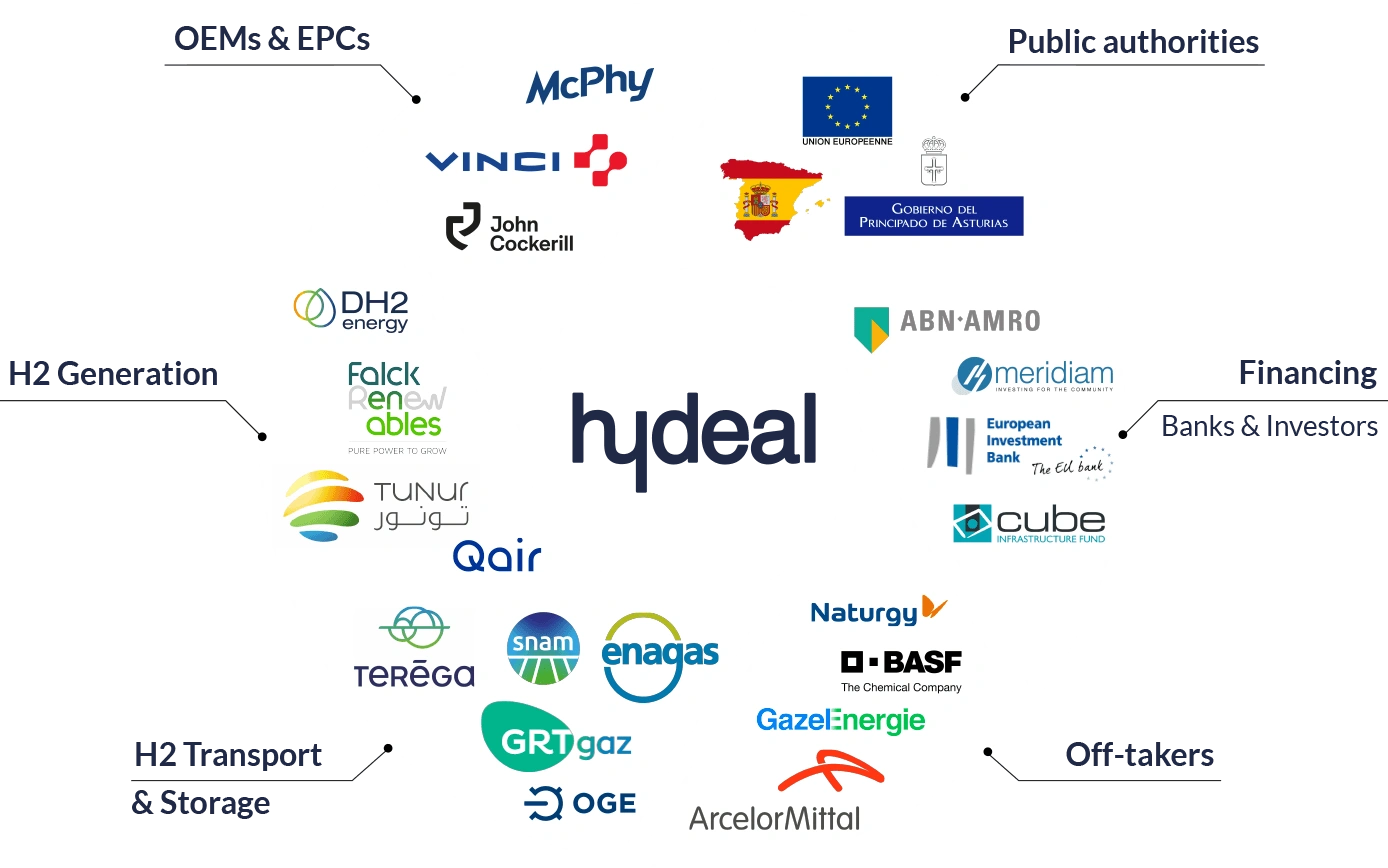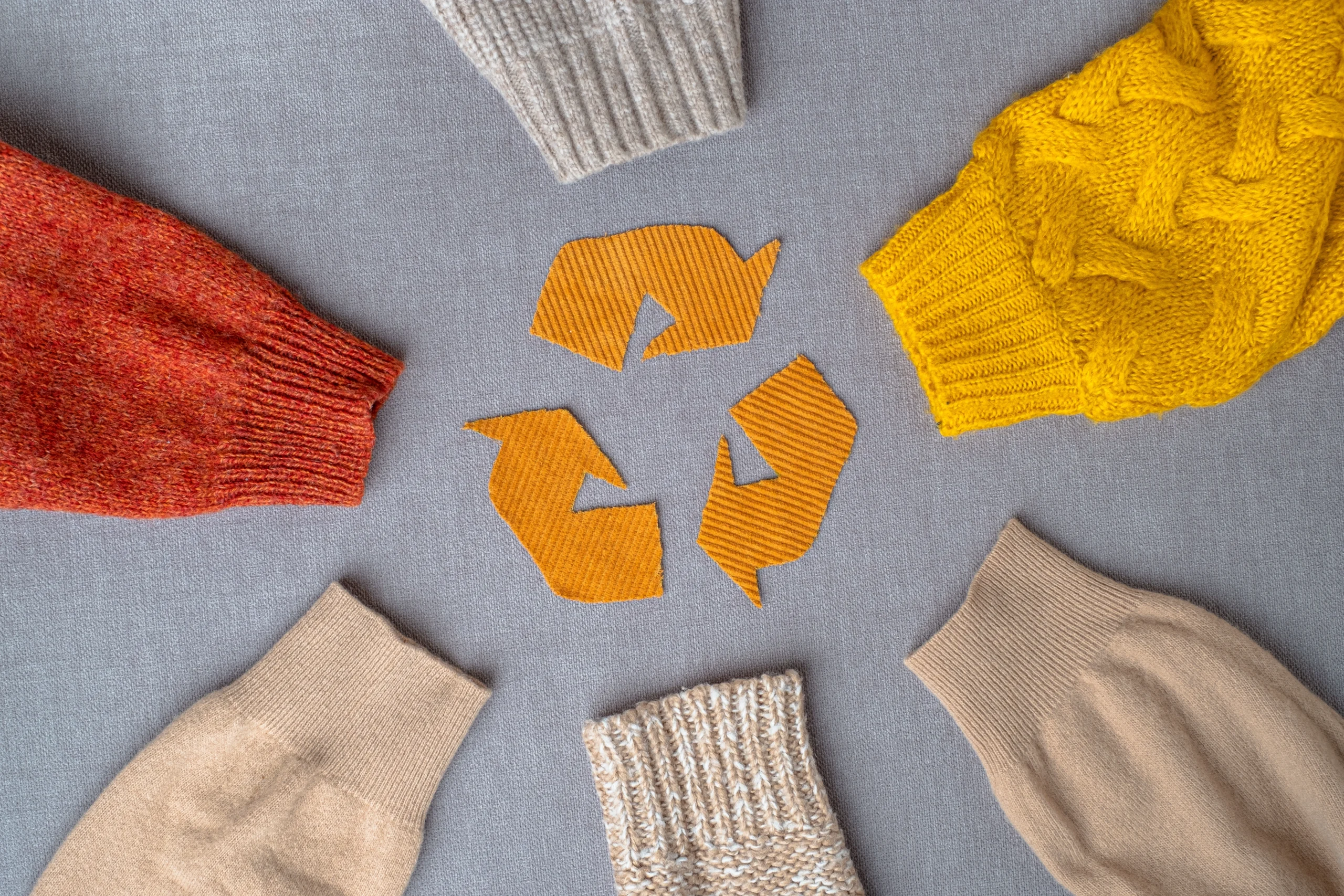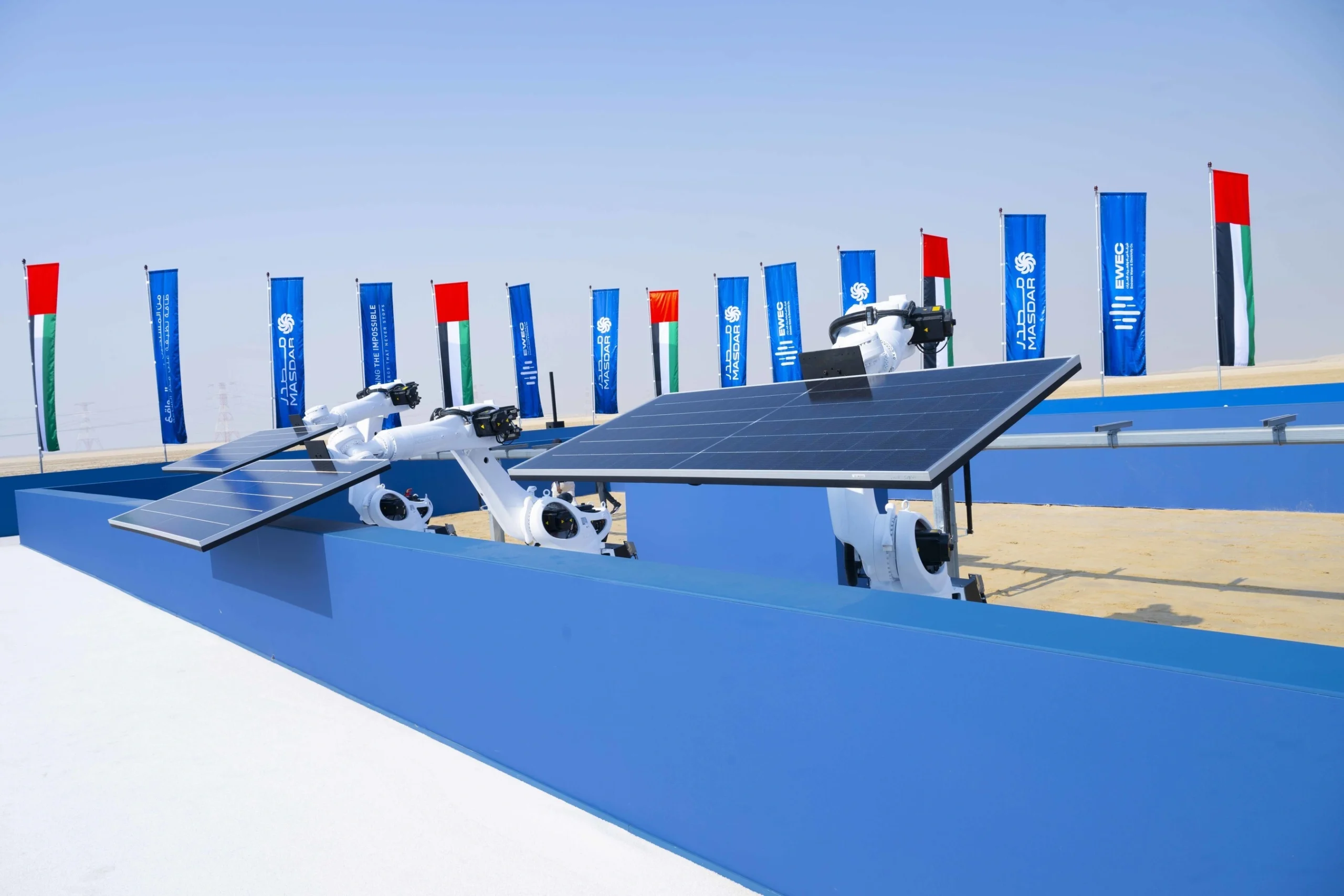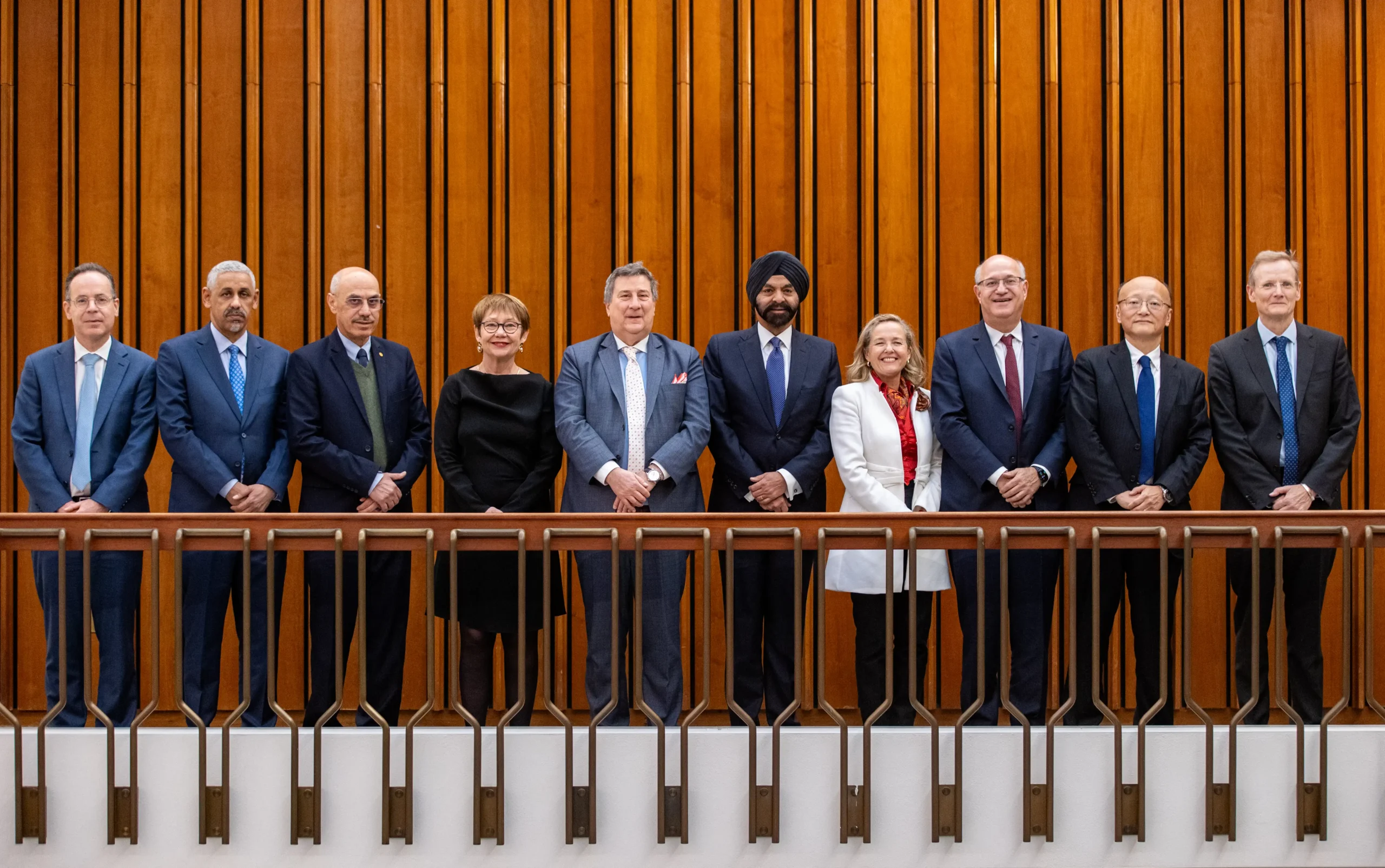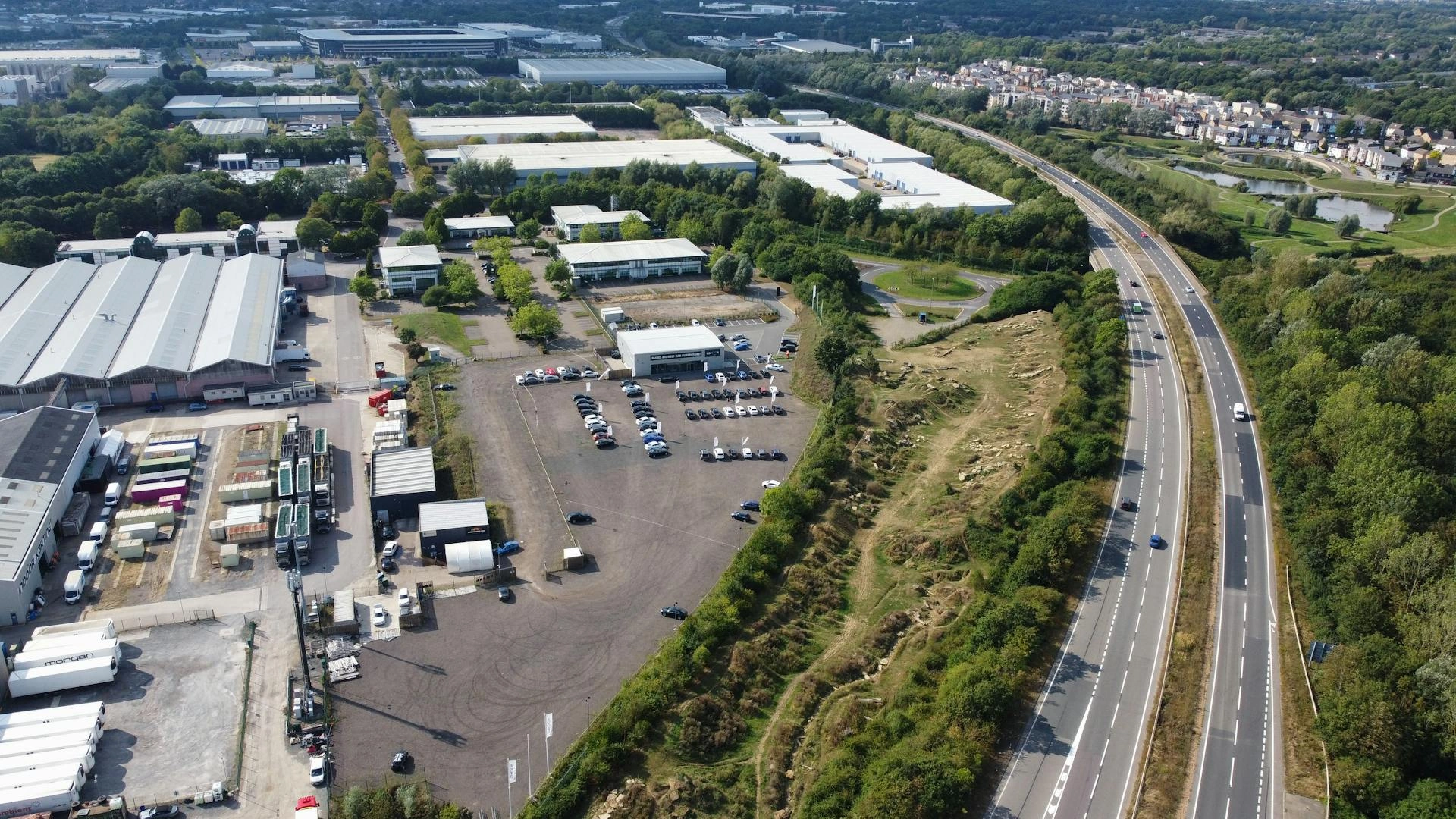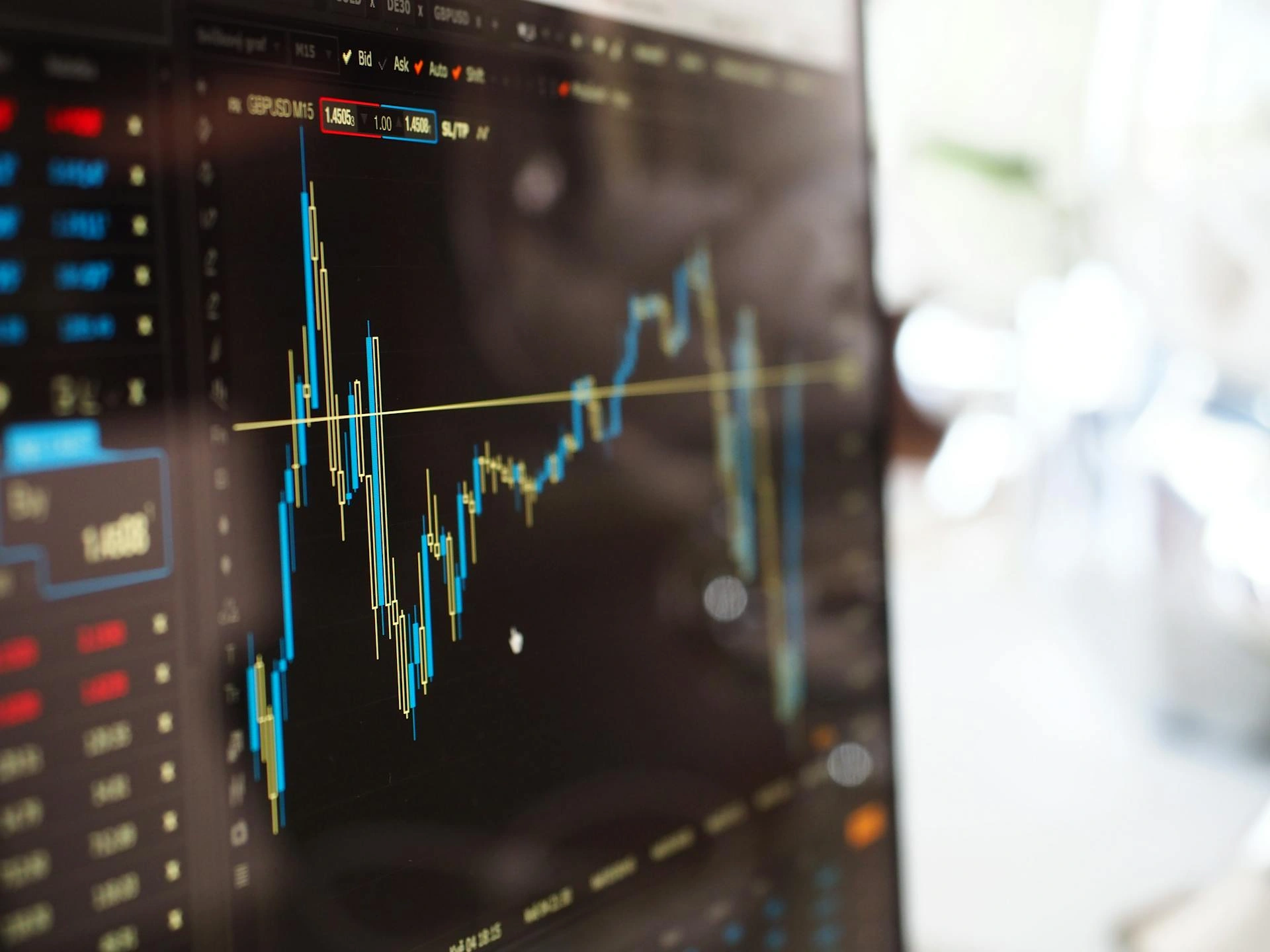Renewable energy shares in Germany rise

John E. Kaye
- Published
- Home, Sustainability
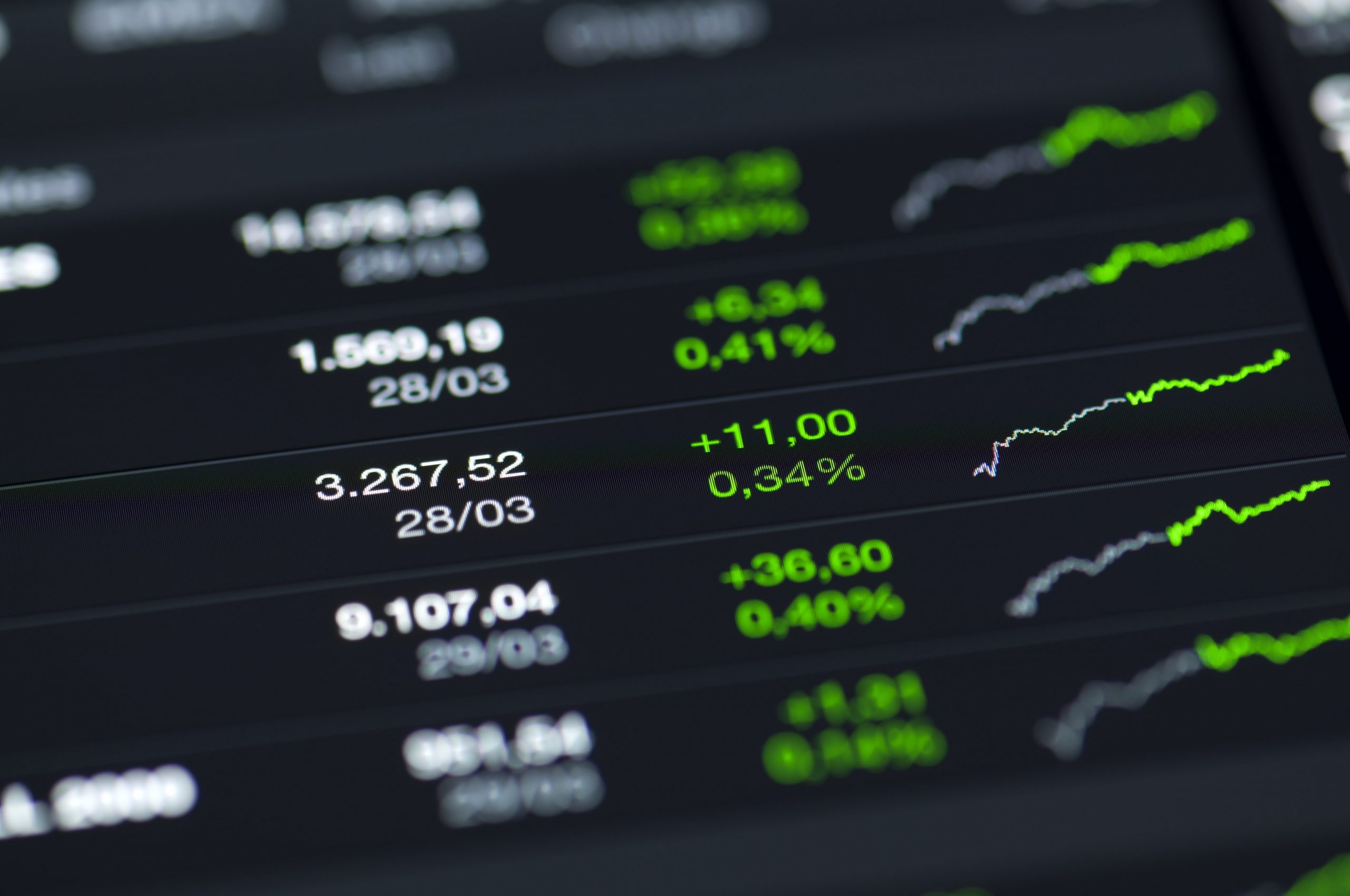
On Wednesday, data from Europe’s biggest state-funded research and development service showed that renewable energy’s share of Germany’s overall power supply mix rose by 8.8 percentage points in the January to June period to 55.8%
According to data from the Fraunhofer organisation of applied science, solar, wind, biomass and hydroelectric generation together produced 136.1 TWh out of the overall 243.8-terawatt hours (TWh) power production in the last six months.
During the coronavirus pandemic, the total production in the period was down by 11% year-on-year due to sharp falls in demand.
Generators responded by throttling down output at fossil fuels plants, which cannot be stored at a significant scale. While in contrast, green power output was up 8.4% on the year, benefiting from favourable weather conditions, priority dispatch on power networks, and continuously expanding capacity.
High wind speeds and high solar intensity more than overrode a decline in hydroelectric output.
Europe’s biggest economy is aiming for renewables to provide 65% of its power mix by 2030. It plans to abandon nuclear energy by 2022 and has confirmed an orderly long-term exit from hard coal by 2033 and brown coal by 2038.
In the first half, coal burning was the most unfortunate. Output from brown coal plants dropped 36.3% to 33.6 TWh and hard coal plants by 46% to 14.4 TWh in Jan-June, Fraunhofer said.
As carbon emissions price also increased and gas prices declined, more electricity producers switched to generating from gas-to-power plants. Their supply to public grids rose 13.9% to 28 TWh in the six months to June.
The cost of mandatory carbon emissions allowances covering coal and gas-fired power output on Wednesday hit 11-month highs of over 28 euros a tonne.
Reported by Vera Eckert
Sourced Reuters
For more Energy news follow The European Magazine.
RECENT ARTICLES
-
 Strong ESG records help firms take R&D global, study finds
Strong ESG records help firms take R&D global, study finds -
 How residence and citizenship programmes strengthen national resilience
How residence and citizenship programmes strengthen national resilience -
 Global leaders enter 2026 facing a defining climate choice
Global leaders enter 2026 facing a defining climate choice -
 EU sustainability rules drive digital compliance push in Uzbekistan ahead of export change
EU sustainability rules drive digital compliance push in Uzbekistan ahead of export change -
 China’s BYD overtakes Tesla as world’s largest electric car seller
China’s BYD overtakes Tesla as world’s largest electric car seller -
 UK education group signs agreement to operate UN training centre network hub
UK education group signs agreement to operate UN training centre network hub -
 Mycelium breakthrough shows there’s mush-room to grow in greener manufacturing
Mycelium breakthrough shows there’s mush-room to grow in greener manufacturing -
 Oxford to host new annual youth climate summit on UN World Environment Day
Oxford to host new annual youth climate summit on UN World Environment Day -
 Exclusive: Global United Nations delegates meet in London as GEDU sets out new cross-network sustainability plan
Exclusive: Global United Nations delegates meet in London as GEDU sets out new cross-network sustainability plan -
 Fast fashion brands ‘greenwash’ shoppers with guilt-easing claims, study warns
Fast fashion brands ‘greenwash’ shoppers with guilt-easing claims, study warns -
 Private sector set to overtake government as main driver of corporate sustainability in 2026, report suggests
Private sector set to overtake government as main driver of corporate sustainability in 2026, report suggests -
 Sir Trevor McDonald honoured at UWI London Benefit Dinner celebrating Caribbean achievement
Sir Trevor McDonald honoured at UWI London Benefit Dinner celebrating Caribbean achievement -
 Historic motorsport confronts its energy future
Historic motorsport confronts its energy future -
 Protecting the world’s wild places: Dr Catherine Barnard on how local partnerships drive global conservation
Protecting the world’s wild places: Dr Catherine Barnard on how local partnerships drive global conservation -
 Europe’s HyDeal eyes Africa for low-cost hydrogen link to Europe
Europe’s HyDeal eyes Africa for low-cost hydrogen link to Europe -
 Fabric of change
Fabric of change -
 Courage in an uncertain world: how fashion builds resilience now
Courage in an uncertain world: how fashion builds resilience now -
 UAE breaks ground on world’s first 24-hour renewable power plant
UAE breaks ground on world’s first 24-hour renewable power plant -
 China’s Yancheng sets a global benchmark for conservation and climate action
China’s Yancheng sets a global benchmark for conservation and climate action -
 Inside Iceland’s green biotechnology revolution
Inside Iceland’s green biotechnology revolution -
 Global development banks agree new priorities on finance, water security and private capital ahead of COP30
Global development banks agree new priorities on finance, water security and private capital ahead of COP30 -
 UK organisations show rising net zero ambition despite financial pressures, new survey finds
UK organisations show rising net zero ambition despite financial pressures, new survey finds -
 Gulf ESG efforts fail to link profit with sustainability, study shows
Gulf ESG efforts fail to link profit with sustainability, study shows -
 Redress and UN network call for fashion industry to meet sustainability goals
Redress and UN network call for fashion industry to meet sustainability goals -
 World Coastal Forum leaders warn of accelerating global ecosystem collapse
World Coastal Forum leaders warn of accelerating global ecosystem collapse















